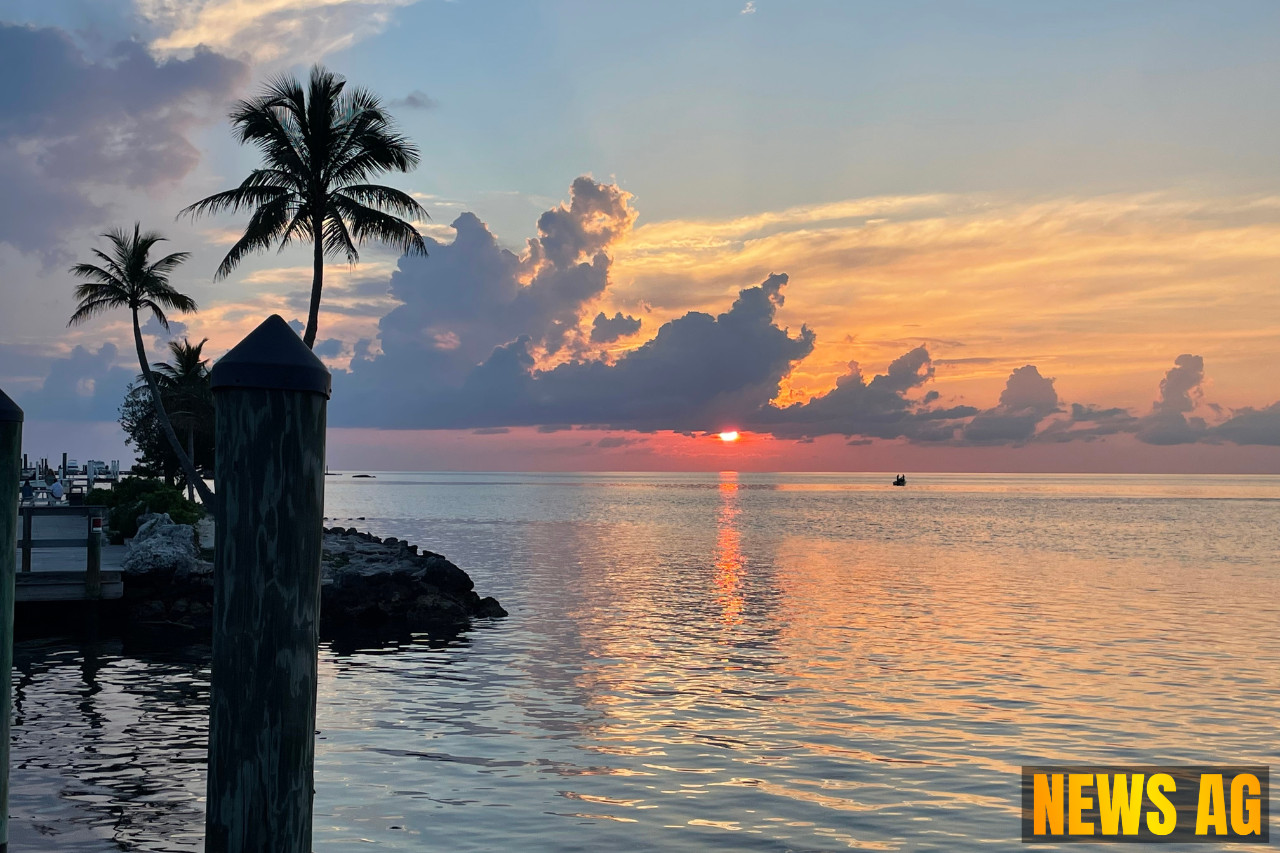
In a notable shift in Florida’s educational landscape, the State Board of Education has intensified its pressure on the Hillsborough County school district to remove books deemed „pornographic“ or harmful to minors. This move aligns with a broader trend affecting several counties across Florida, including St. Johns, Escambia, Orange, and Osceola, where books from designated lists are being withdrawn without public notice, as reported by the Tampa Bay Times.
Hillsborough County’s educational leadership recently faced public backlash over this controversial book removal process. The district’s chief academic officer was demoted amid criticism of the administration’s lack of transparency and responsiveness to community concerns. One irate parent characterized the administration’s compliance with state directives as a „breathtaking Olympic-level display of cowardice.“
Leadership Under Fire
The scrutiny on Hillsborough’s Superintendent Van Ayres has escalated following pointed criticism from Florida’s Education Commissioner, Manny Diaz Jr. In a recently issued letter, Diaz accused Ayres of failing to provide adequate leadership in handling library media materials. He asserted that this negligence potentially puts children at risk, particularly regarding titles with LGBTQ+ themes, like „Call Me By Your Name“ and „Jack of Hearts (And Other Parts),“ which have been labeled as inappropriate and removed from the district’s libraries. Ayres acknowledged the removal of these works, defending the district’s cautious review process in the face of legislative pressures.
The recent legislative framework has allowed parents to challenge the appropriateness of educational materials, resulting in skyrocketing book removals across Florida’s public schools. In Hillsborough County alone, more than 600 books—including those addressing LGBTQ+ themes and race—were removed amid intense scrutiny from state officials, including Diaz and Florida Attorney General James Uthmeier. This situation highlights a more extensive trend where public school libraries are increasingly stripped of diverse literary voices, raising concern over censorship and the impacts on students’ rights to access a wide range of information.
Statewide Implications
Beyond Hillsborough, the situation extends to other areas in Florida, where officials, including those in Charlotte County, are enforcing stringent policies against LGBTQ+ materials. In line with the so-called “Don’t Say Gay” law, imposed by Governor Ron DeSantis, Charlotte County schools have removed all books featuring LGBTQ+ characters from classrooms, stating they should not be included in school libraries or media centers. The memo outlining these directives was also shared with the Associated Press.
The legislation, initially passed in 2022 and reinforced in 2023, imposes strict limits on discussing sexual orientation and gender identity in educational settings from pre-kindergarten through middle school. Even high school discussions require adherence to state academic standards. This has sparked significant debate about the balance between parental rights and the importance of educational diversity.
Calls for a Change
In light of these events, advocates such as Stephana Ferrell from the Florida Freedom to Read Project have voiced serious concerns regarding the rationale behind book bans. They argue that instead of fostering parental empowerment, these actions limit the ability for nuanced discussions and critical thinking among students. The drastic increase in book removals—over 4,500 instances reported by PEN America—reflects a pressing need for dialogue around what educational materials should be accessible to Florida students.
As the educational landscape evolves, locals continue to voice their perspectives. The question remains: how will these widespread changes shape the future of education in Florida, and what will it mean for our children’s access to literature that reflects the complexity and diversity of our society?
